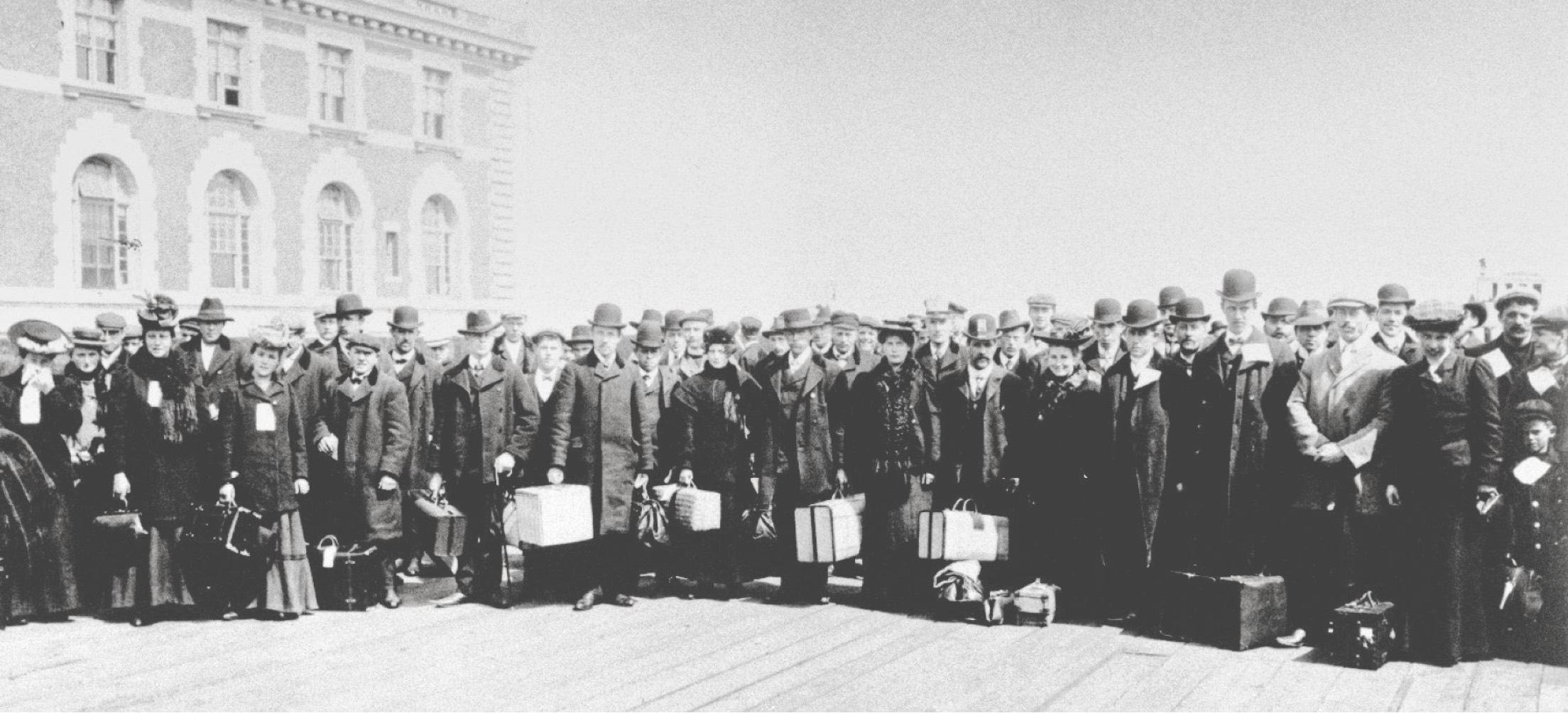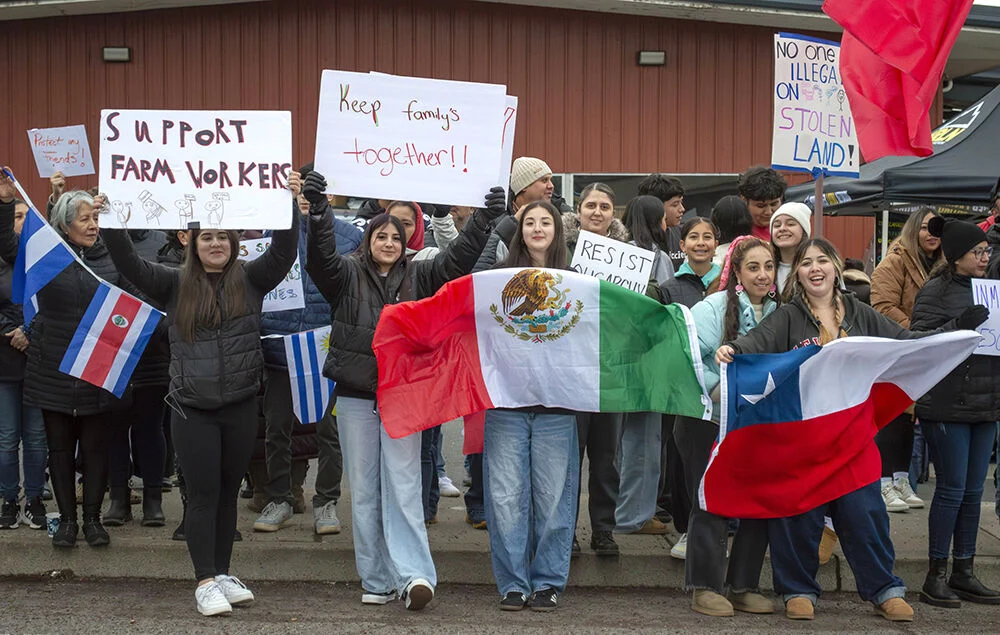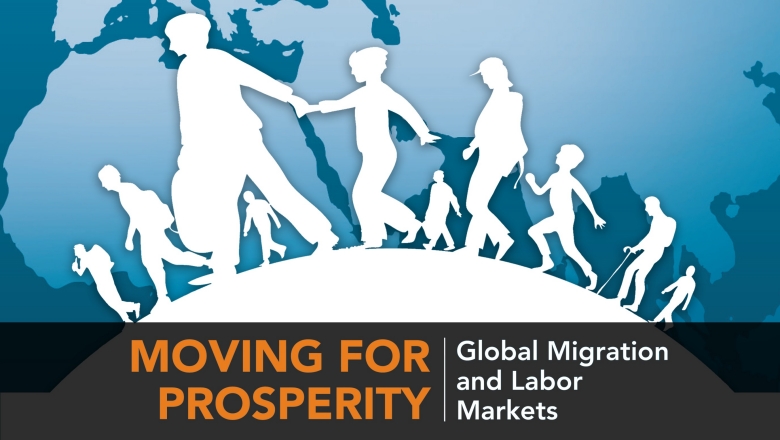The Global Quest for Opportunity
Immigration is a journey of ambition, resilience, and transformation. In 2025, over 281 million people live outside their country of birth, according to the International Organization for Migration, driven by dreams of better education, jobs, safety, or family reunification. Yet, the path is rarely smooth. From navigating complex visa systems to adapting to unfamiliar cultures, immigrants face a gauntlet of challenges. This article explores the intricacies of immigration policies, the personal triumphs and struggles of those who relocate, and practical advice for thriving in a new homeland.
Understanding Visa Processes
Securing a visa is often the first hurdle for immigrants. Visa types vary widely—work visas, student visas, family-based visas, or asylum pathways—each with distinct requirements. For instance, the U.S. H-1B visa, coveted by skilled professionals, has an annual cap of 85,000, leaving many applicants in limbo. In contrast, Canada’s Express Entry system prioritizes skilled workers through a points-based assessment, processing applications in as little as six months.
Step-by-step guidance can ease the process. First, research the destination country’s immigration website for accurate requirements. Second, gather documents early—passports, educational certificates, and proof of funds are often mandatory. Third, consult immigration lawyers for complex cases, especially for asylum or humanitarian visas. Timing is critical; missing deadlines or submitting incomplete forms can lead to rejections.
“I applied for a UK Tier 2 visa in 2023,” says Priya Sharma, a software engineer from India. “The paperwork was overwhelming, but hiring a consultant to review my application made all the difference. I got approved in two months.”
However, policies shift. In 2025, the European Union tightened work visa rules for non-EU nationals, requiring stricter proof of job offers. Meanwhile, Australia expanded its Pacific Engagement Visa to strengthen ties with Pacific Island nations, offering 3,000 slots annually. Staying updated via official government portals is essential to avoid scams or outdated advice.
Challenges on the Journey
Immigration is not just paperwork—it’s an emotional and logistical marathon. Financial strain is a common barrier. For example, relocating to the U.S. can cost between $5,000 and $15,000, factoring in visa fees, travel, and initial housing. Language barriers also pose challenges. In Germany, where 70% of jobs require German proficiency, non-speakers often struggle to integrate.
Discrimination can further complicate the journey. A 2024 study by the OECD found that immigrants in developed nations are 20% less likely to be hired than native-born candidates with similar qualifications. Social isolation is another hurdle, especially for those leaving tight-knit communities.
Practical tip: Build a support network early. Join local immigrant organizations or online forums like InterNations to connect with others who share your experience. Language apps like Duolingo or community classes can bridge linguistic gaps.
“When I moved to Canada, I felt invisible,” says Ahmed Hassan, a Syrian refugee. “I didn’t speak English well, and finding a job was tough. But a local mosque offered language classes, and that community became my family.”
Success Stories That Inspire
Despite the obstacles, many immigrants carve out remarkable lives. Take Maria Gonzalez, who left Venezuela for Spain in 2022. Initially working as a cleaner, she leveraged free online coding courses to become a software developer within two years. “I studied at night after work,” she says. “It was exhausting, but I knew this was my chance to rebuild.”
In New Zealand, Kumar Patel, an Indian immigrant, turned his passion for cooking into a thriving restaurant business. “I started with a food truck,” he recalls. “Customers loved my biryani, and now I have two locations.” His story reflects a broader trend: immigrants contribute significantly to economies, with a 2024 ILO report noting they account for 13% of global GDP.
Key takeaway: Resilience and adaptability are vital. Seek out free or low-cost training programs, like those offered by Coursera or local NGOs, to gain skills that align with your new country’s job market.
Cultural Integration Finding a New Home
Adapting to a new culture is as challenging as any visa process. Cultural norms—like punctuality in Germany or casual greetings in Australia—can feel alien. Food, social etiquette, and even humor differ vastly. For instance, in Japan, bowing is a common greeting, while in Brazil, physical warmth like hugs is standard.
Tip for success: Observe and ask questions. Locals often appreciate when newcomers show curiosity about their culture. Joining community events, like festivals or volunteer groups, fosters connection. For families, enrolling children in local schools can accelerate integration, as kids often adapt faster and help parents navigate the culture.
“In Sweden, I was shocked by how quiet people were on buses,” laughs Aisha Khan, a Pakistani immigrant. “But I joined a local book club, and discussing novels helped me understand Swedish values like equality and openness.”
Some countries offer formal integration programs. Germany’s integration courses, mandatory for certain visa holders, cover language and civic education. In Canada, settlement agencies provide free services, from job search help to housing advice. Researching these resources before arrival can smooth the transition.
Legal Guidance and Policy Updates
Immigration laws are a moving target. In 2025, the U.S. introduced stricter border policies, while Canada expanded its Provincial Nominee Program to address labor shortages in rural areas. The UK’s points-based system now prioritizes STEM skills, leaving arts professionals scrambling.
Stay proactive: Regularly check updates on government websites or subscribe to newsletters from immigration law firms. Beware of fraudulent agencies promising “guaranteed” visas—always verify credentials. For complex cases, legal aid organizations like the UN’s UNHCR offer free support for refugees and asylum seekers.
“Policy changes can feel like a rug pulled from under you,” says Elena Petrova, a Ukrainian immigrant in Poland. “I was approved for temporary protection, but extensions depend on EU decisions. Keeping informed keeps me grounded.”
Navigating Asylum and Refugee Status
Asylum seekers face unique challenges. In 2024, 26 million refugees globally sought safety from conflict or persecution, per UNHCR. Proving eligibility requires detailed documentation and often lengthy interviews. Legal representation can increase approval chances by 40%, yet access to lawyers remains limited in many regions.
Advice: Contact NGOs like the International Rescue Committee for guidance. Prepare a clear, honest narrative of your situation, and keep copies of all documents. Patience is critical—processing can take years.
The Emotional Landscape of Immigration
Beyond logistics, immigration is an emotional odyssey. Homesickness, identity struggles, and the pressure to “prove” oneself are common. A 2023 study in *The Lancet* found that 30% of immigrants experience mental health challenges like anxiety or depression in their first year abroad.
Coping strategies: Seek culturally sensitive therapists or community support groups. Maintain ties with your home culture through food, music, or virtual calls, while embracing your new environment. Balance is key.
“I missed Nigeria so much I cried every night,” says Chidi Okoye, now a nurse in Ireland. “But cooking jollof rice for my coworkers created a bridge—they loved it, and I felt at home.”
Looking Ahead The Future of Immigration
Immigration policies will continue to evolve. Climate migration is rising, with 1.2 billion people potentially displaced by 2050 due to environmental changes, per the Institute for Economics and Peace. Countries like New Zealand are piloting visas for climate-displaced Pacific Islanders. Meanwhile, aging populations in Japan and Germany are pushing governments to ease labor migration rules.
For aspiring immigrants, preparation is everything. Research, network, and stay resilient. The journey is daunting but transformative, offering not just a new address but a new chapter.














0 Comments